What is so special about Iran?
Nestled in the heart of the Middle East, Iran, known as Persia until the 20th century, is a nation with a profound history, rich culture, and distinctive characteristics. From its majestic landscapes to its immense contributions to art, literature, and science, Iran stands out as a country with an exceptional identity. There are many aspects that make Iran special, and an exploration into its unique cultural, historical, geographical, and socio-political facets helps to illuminate what makes this nation truly unparalleled.
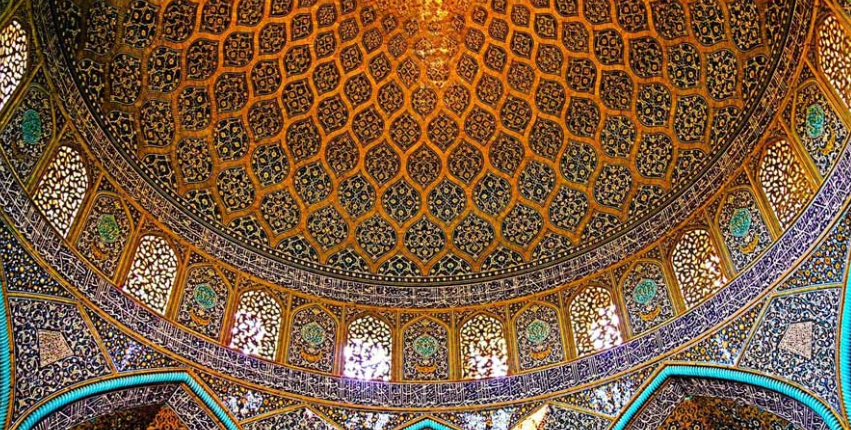
A Historical Overview
Iran’s history traces back millennia, making it one of the world’s oldest continuous major civilizations. The Persian Empire, as it was known, was a dominant force that stood against the likes of Greece, Rome, and later the Byzantine and Ottoman empires. Renowned for its administration and infrastructure, the empire pioneered the world’s first postal system and constructed the Royal Road, a 2,575 km-long highway that connected the empire’s vast territories.
The rich historical tapestry of Iran includes figures like Cyrus the Great, who issued the Cyrus Cylinder, widely considered the first charter of human rights, and Darius the Great, under whom the Persian Empire reached its zenith. This backdrop of historical events and personalities has left Iran with a plethora of archaeological sites and monuments, from the grandeur of Persepolis to the subtleties of the Golestan Palace.
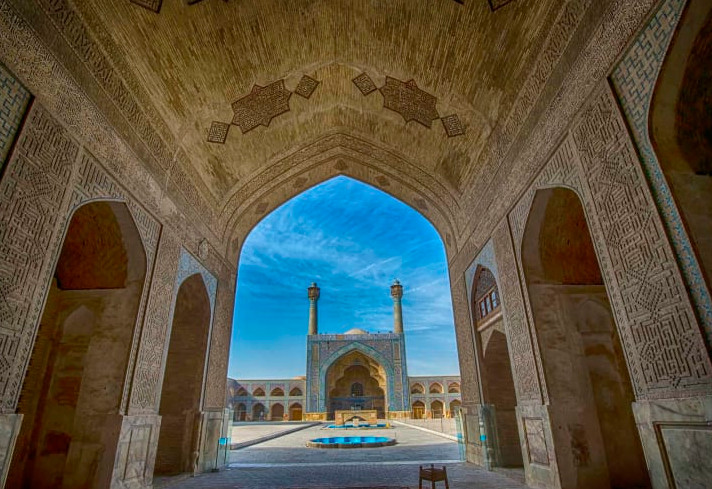
Cultural Eminence
Persian culture is one of the cornerstones of Iranian uniqueness. Central to this is Persian literature, boasting colossal figures such as Ferdowsi, Rumi, and Khayyam. Ferdowsi’s Shahnameh, the epic poem that recounts Iran’s mythical and historical past, is a bedrock of Persian language and identity. Meanwhile, Rumi’s poetic expressions of love and mysticism have transcended borders, with readers around the globe finding solace and wisdom in his verses.
In addition to literature, Persian art – from carpet weaving to miniature painting – possesses an ornate intricacy and symbolism that captivates audiences. The Persian carpet, with its painstaking detail and vivid hues, isn’t just a decorative piece but a narration of stories, beliefs, and the very soul of its creator.
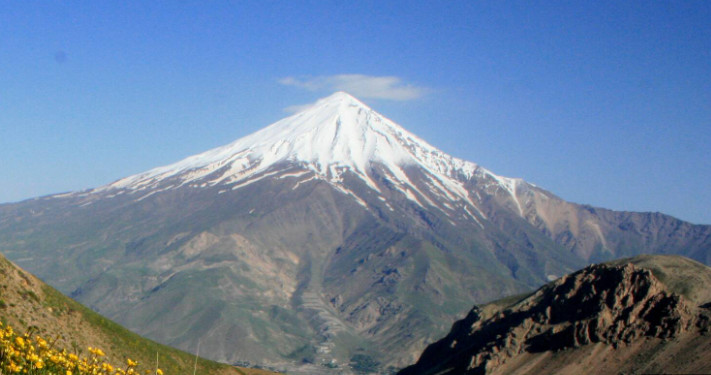
Geographical Wonders
The country has it all: towering mountains, expansive deserts, lush forests, and a lengthy coastline. The Zagros and Alborz mountain ranges dominate its topography, giving rise to picturesque locales such as the Valley of the Assassins and the captivating forests of Gilan. Then, there’s the vast expanse of the Dasht-e Kavir and Dasht-e Lut deserts, with their salt flats and sand dunes painting a landscape that seems otherworldly.
This geographical diversity also translates to a rich biodiversity. Iran is home to rare species like the Asiatic cheetah and Persian leopard. Moreover, its unique position as a crossroads between the East and West has created a blend of ecosystems that house both Asian and European species.
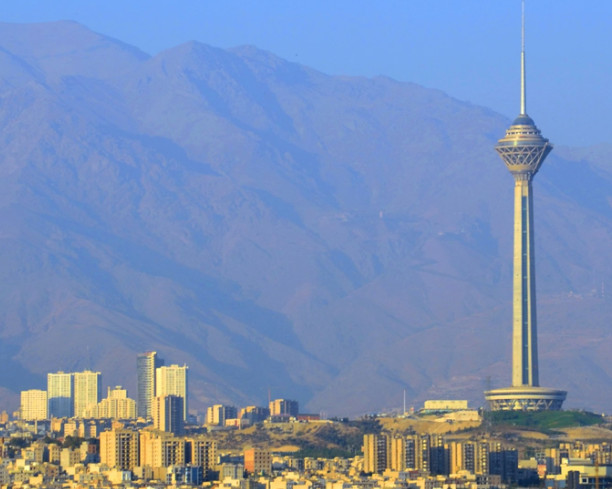
Socio-Political Complexity
In the contemporary context, Iran’s socio-political landscape is deeply complex. Its revolution in 1979 marked a significant shift from a monarchy under Shah Mohammad Reza Pahlavi to an Islamic Republic. This transformation has deeply influenced Iran’s domestic and foreign policies, as well as its relationship with the West.
However, Iran is not monolithic. It’s a mosaic of diverse ethnicities, languages, and beliefs. While Persian (or Farsi) is the dominant language, regions such as Kurdistan, Azerbaijan, and Baluchistan have their own distinct languages and cultures. The Iranian society is also marked by a vibrant youth population, with over 60% of its citizens under the age of 30. This demographic is increasingly globalized, tech-savvy, and pushing the boundaries of expression within the socio-political framework of the country.
Moreover, the nation has a rich religious tapestry. Though it is known primarily as a Shia Muslim country, Iran has significant communities of Sunnis, Zoroastrians, Christians, Jews, and Baha’is. Each of these communities contributes to the socio-cultural fabric, weaving together a picture that is distinctly Iranian.
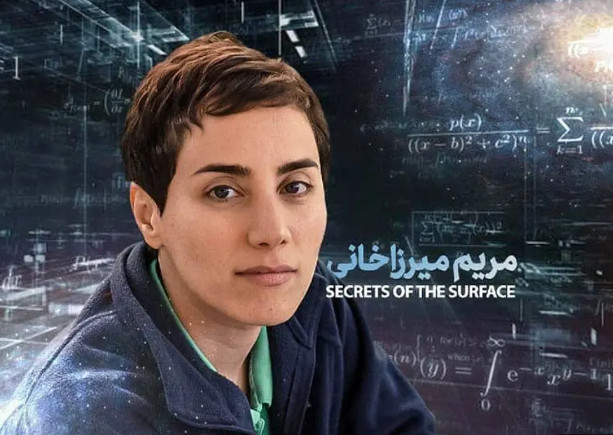
Scientific and Educational Achievements
While Iran’s historical and cultural contributions are widely recognized, its commitment to education and science is equally commendable. Despite economic sanctions and political challenges, Iran has shown remarkable progress in the fields of stem cell research, aerospace, and nuclear technology. The nation places a significant emphasis on higher education, with numerous universities and institutions offering a plethora of courses in various fields.
Furthermore, Iran has produced a number of global scholars and scientists. Anousheh Ansari, the first Iranian in space, and Maryam Mirzakhani, the first woman to win the coveted Fields Medal in mathematics, are just two shining examples of Iranians making significant strides in global arenas.
In Essence
To understand Iran fully is to embark on a journey through time, from ancient civilizations to modern complexities. It’s to appreciate the melding of cultures, the triumphs and struggles of a people, and the unfaltering spirit of a nation that has withstood numerous challenges. Each layer of Iran, be it historical, cultural, geographical, or socio-political, adds a hue to the rich tapestry that is this unique nation. The allure of Iran lies in its intricacies, its stories, and its unwavering significance in the annals of world history.
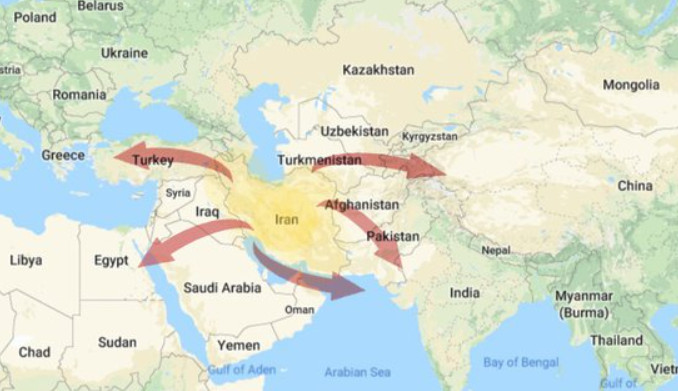
Why is Iran so important in the world?
Iran’s importance in the world arises from a blend of historical, strategic, economic, and cultural factors. Delving into these facets allows for a better comprehension of Iran’s significance on the global stage:
- Historical Legacy: Historically, Persia (modern-day Iran) has been a major empire and cultural center. The empires that originated from this region, such as the Achaemenid, Sassanian, and Safavid, had significant influences over vast territories. As a result, Iran has been at the crossroads of major civilizations, which contributes to its deep historical relevance.
- Geographical Location: Situated at the crossroads of the Middle East and Central Asia, Iran serves as a bridge between the East and the West. Its location gives it significant strategic importance, particularly as it neighbors countries in the volatile Middle East and South Asia, including Iraq, Afghanistan, and Pakistan.
- Energy Resources: Iran possesses some of the world’s largest proven oil and gas reserves. According to the World Bank and other global energy assessments, Iran’s significance as an energy supplier makes it a pivotal player in the global economy, especially in energy security discussions.
- Nuclear Program: Iran’s nuclear program has been a point of international contention for years. Concerns over its potential military dimensions have led to global diplomatic efforts, most notably the Joint Comprehensive Plan of Action (JCPOA) in 2015. Whether for peaceful energy generation or other intentions, Iran’s nuclear pursuits significantly impact regional stability and global non-proliferation efforts.
- Regional Influence: Iran wields considerable influence over the Shia Muslim world and has a web of alliances and proxies throughout the Middle East. Organizations and militias like Hezbollah in Lebanon, the Houthis in Yemen, and various Shia militias in Iraq have ties with Iran. Through these connections, Iran exerts influence over a range of regional issues.
- Religious Significance: As the heartland of Shia Islam, Iran holds deep religious significance. The city of Qom is a major theological center, and Iran’s leadership incorporates both political and religious authority, making it unique in the Islamic world.
- Cultural Influence: Persian culture, language, and traditions have a rich legacy. From the poetic verses of Rumi and Hafez to the architectural wonders of ancient Persia, Iran’s cultural contributions are renowned. Iranian cinema, too, has received international acclaim, further cementing its cultural relevance on the world stage.
- Economic Potential: Despite sanctions and economic challenges, Iran’s market holds potential. With a large, young, and educated population, Iran can be an economic powerhouse if political and economic challenges are overcome.
- Diplomatic Role: Historically and in modern times, Iran has played pivotal roles in diplomatic discussions related to regional stability, from the Iran-Iraq War to the Syrian conflict. Its relationships with superpowers like China and Russia, as well as regional players like Turkey and Saudi Arabia, make it a critical entity in diplomatic negotiations.
In sum, Iran’s importance arises from a confluence of its historical legacy, strategic positioning, energy resources, and cultural contributions. Its role in regional geopolitics, coupled with its potential in various arenas, makes it a nation that cannot be overlooked in global discussions.
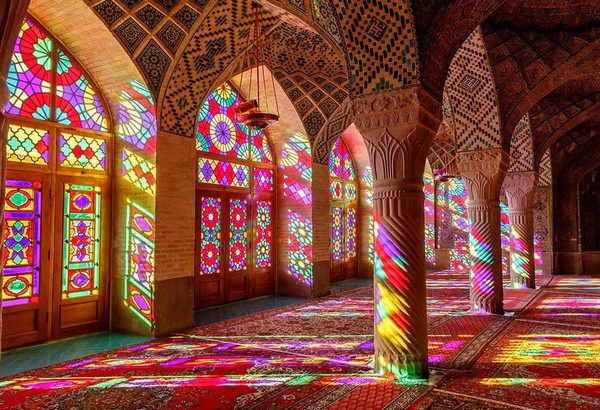
What is Iran best at?
Iran, with its rich history and diverse resources, excels in several areas. Some of these areas of proficiency are steeped in tradition and historical legacy, while others are more recent developments:
- Cultural Heritage: Iran is home to one of the world’s oldest civilizations. As a result, it boasts numerous historical sites, monuments, and artifacts. Cities like Isfahan, Shiraz, and Yazd are filled with architectural wonders that tell tales of Persia’s grandeur.
- Literary Achievements: Persian literature is one of the world’s most enduring and influential. Poets like Rumi, Hafez, Ferdowsi, and Khayyam have penned works that have been translated into multiple languages and are loved globally. Their poetic explorations of love, philosophy, and the human experience are timeless.
- Scientific Endeavors: Historically, Persia was a hub for scientific advancements. Scholars like Avicenna (Ibn Sina) and Al-Razi made groundbreaking contributions to medicine. In recent years, despite economic sanctions, Iran has shown considerable growth in areas like stem cell research, aerospace engineering, and nanotechnology.
- Art and Craftsmanship: Persian carpets are renowned globally for their intricate designs, craftsmanship, and quality. Additionally, Persian miniature painting, calligraphy, and pottery are other fields where Iranian artisans have showcased exceptional skills.
- Education: Iran has a strong emphasis on education. Its university system, especially in fields like engineering and medicine, produces a significant number of graduates annually. Notably, there’s a remarkable rate of female participation in higher education.
- Natural Resources: Iran ranks among the top countries for oil and natural gas reserves. Its significance in the global energy market, especially as an OPEC member, cannot be understated.
- Strategic Geopolitics: Over the years, Iran has developed a network of regional alliances and proxies, bolstering its geopolitical influence in the Middle East.
- Defense and Missile Technology: In the realm of defense, Iran has focused extensively on missile technology. Despite limitations on importing weapons technology due to sanctions, Iran has developed a range of ballistic missiles.
- Culinary Delights: Iranian cuisine, characterized by its flavorful and diverse dishes, is another area where the country excels. From kebabs to rich stews (khoresht) and saffron-infused rice dishes, Persian food has found lovers around the globe.
- Film and Cinema: Iranian cinema, especially in the domain of art-house films, has received international acclaim. Directors like Abbas Kiarostami, Asghar Farhadi, and Jafar Panahi have won awards at prestigious international film festivals, highlighting the depth and nuance of Iranian storytelling.
While these are some of the areas where Iran has demonstrated excellence, it’s essential to remember that the nation’s strengths and competencies are multifaceted, rooted in a blend of historical legacy and modern advancements.


